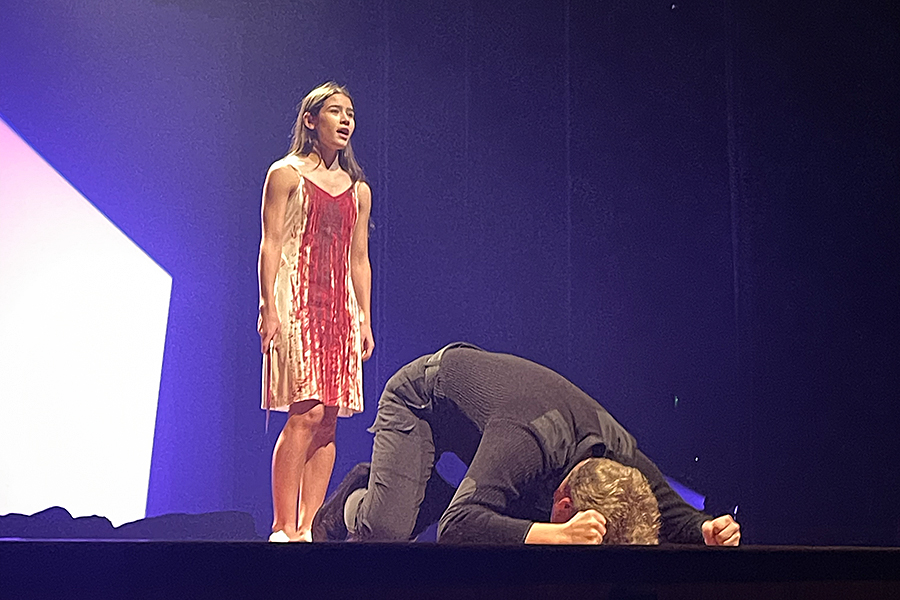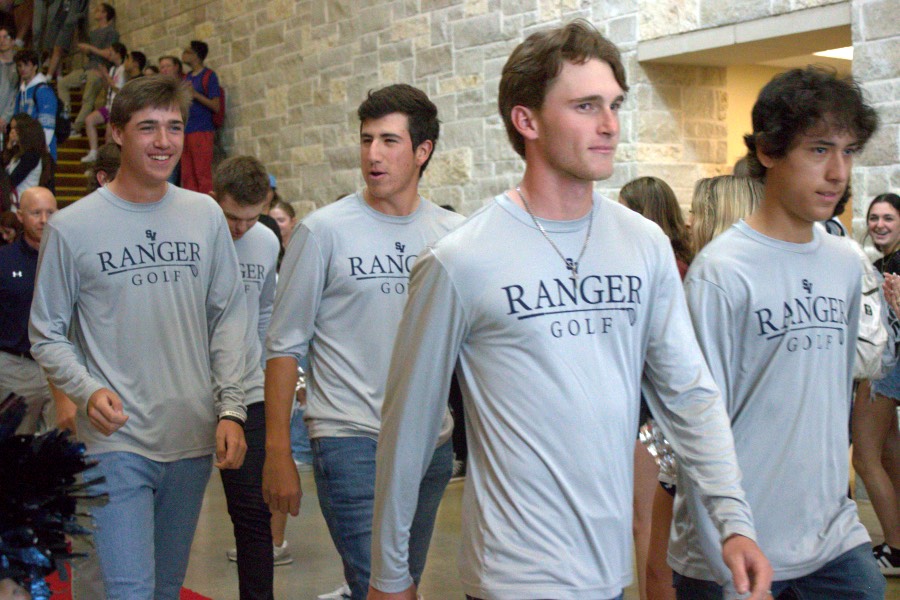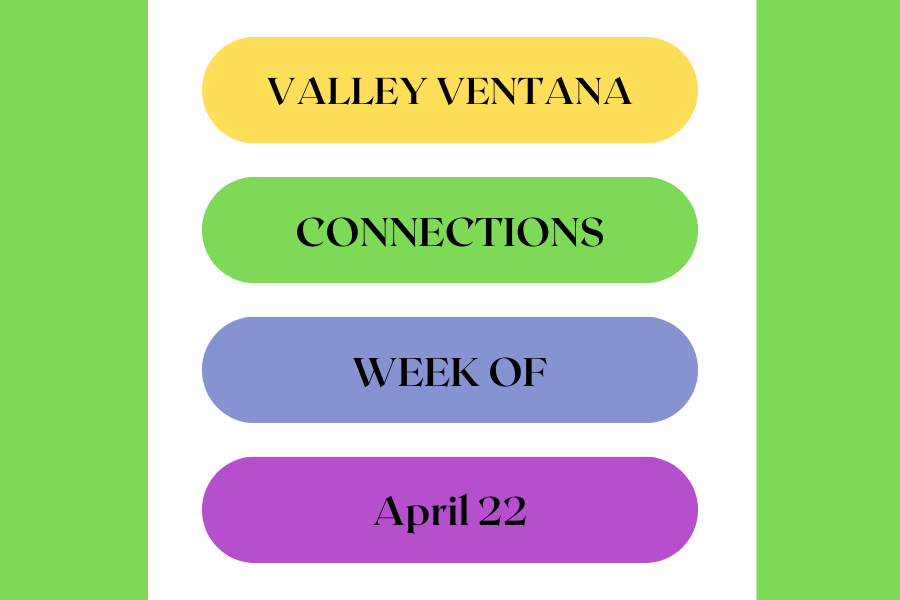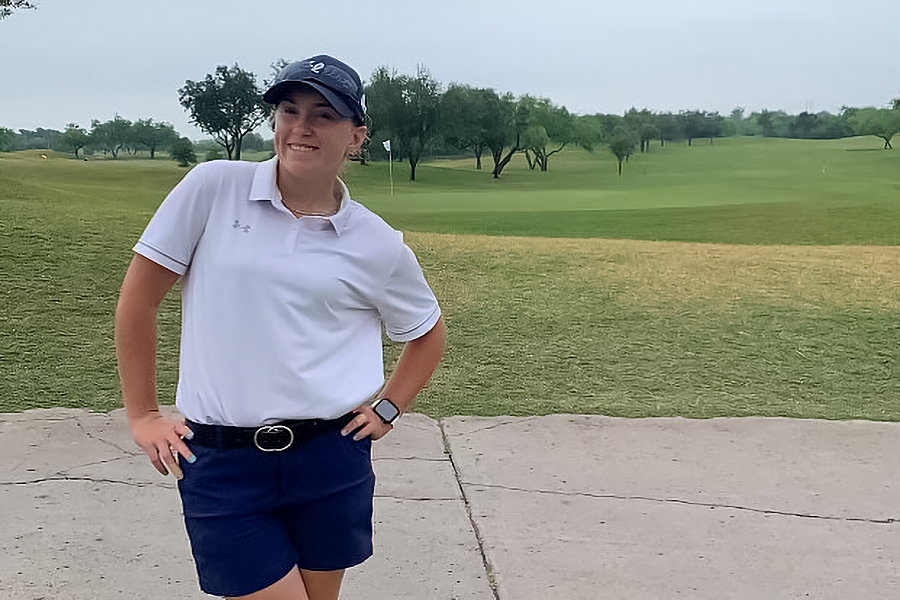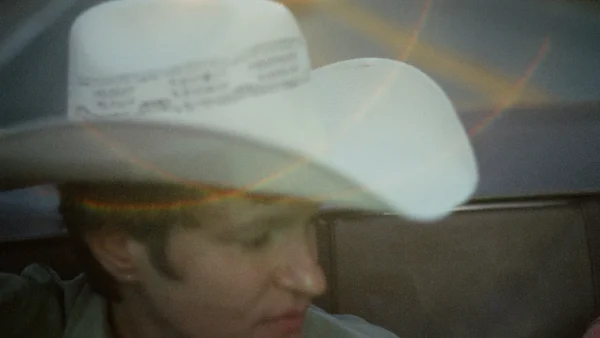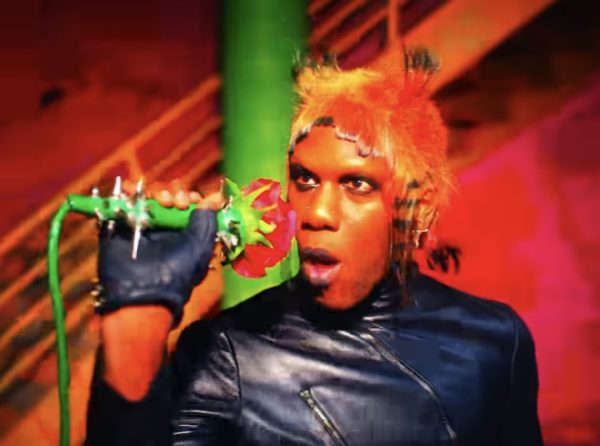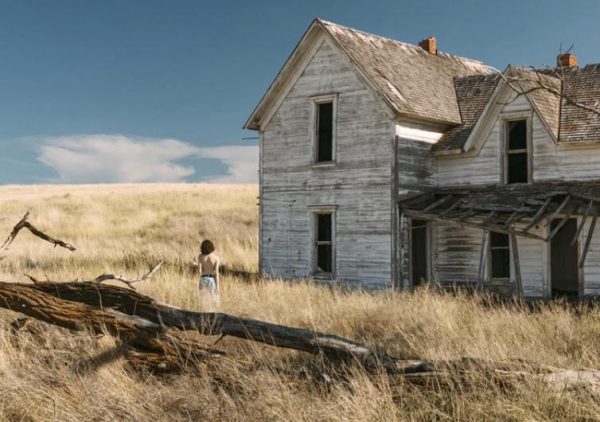Is love truly blind?
The miss that is Netflix’s new reality love show
The Netflix reality show is hosted by Nick and Vanessa Lachey.
March 6, 2020
I am almost ashamed to admit that I have spent the past few weeks binge watching Netflix’s new original reality show, Love is Blind. I was first drawn in by the fact that six couples become engaged without ever seeing each other, and as someone who does not believe in ‘soulmates’ or ‘the one’, I was extremely skeptical of this idea behind the show.
The first five episodes of Love is Blind were released on Feb. 13, the next four on Feb. 20, and the finale on Feb. 27. The show is hosted by married couple Nick and Vannessa Lachey as they attempt to discover if love truly is blind.
Love is Blind begins with 20 to 30 something-year-olds in what are called ‘the pods’. Set in rooms separated by a thin wall to allow sound through, the 12 individuals that are eventually coupled up begin their literal blind dates with people never seen on the show again. One particularly puzzling participant is Rory, the 28 year-old band director that gives inspiring pep talks but is never seen on a date. Rory, along with many other characters, just disappeared and their absence is never addressed. As the dates go on, the participants narrow down their list of possible contenders, leaving the pods engaged and possibly married by the finale episode, if everything goes according to plan.
Though the show in itself was packed with entertaining drama and almost thought provoking issues concerning new relationships, the idea behind the show seemed extremely flawed. The “emotional connection” that the pods are meant to help these couples reach came off as unauthentic and surface level. Without seeing how someone acts in the real world, it seems impossible to truly “see into their soul”, as one of the female participants described her time in the pods. Asking basic, get-to-know someone questions does not lead to the emotional connection the six couples claimed to have at the beginning of their relationships.
Inevitably, not all of the couples decided to tie the knot after their six-week love affair, and rightfully so. The participants spent two weeks in the pods, two weeks on vacation in Mexico and two weeks living together and meeting one another’s family. This is when the plot truly began to heat up. No longer were the couples living in their blissful bubble of love, but out in the real world, where they were forced to deal with the harsh realities that come with making a marriage-let alone any relationship work long-term.
The idea behind Love is Blind truly fascinates me, but the show seemed to be a bit of a miss. As Netflix continues to branch out into new domains for the company, they will probably continue their TLC-type reality shows, but they have fallen into the same problem shows like The Bachelor face: the people just don’t feel authentic.


